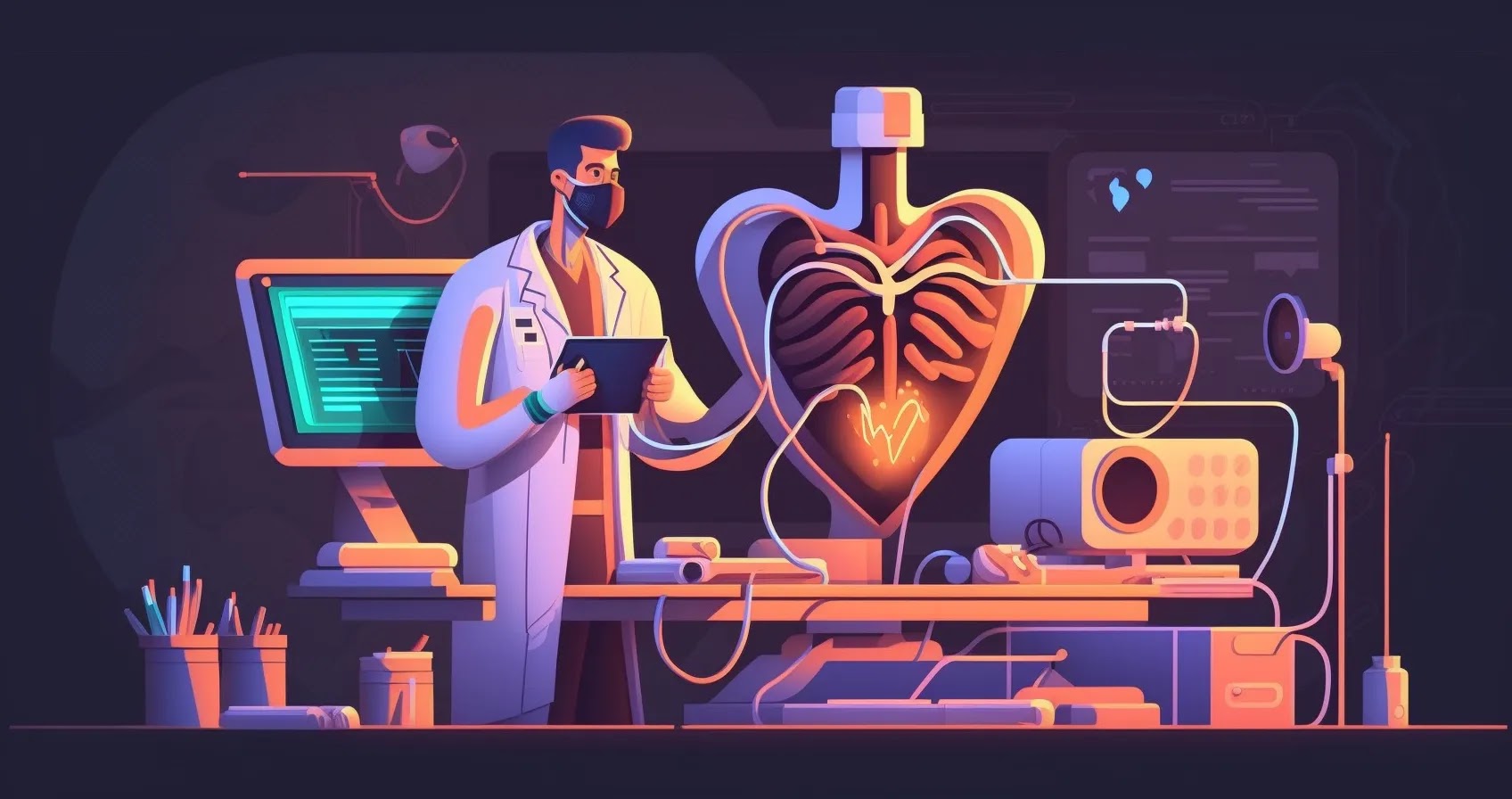Are you interested in pursuing a career as a cardiologist? If you are passionate about improving people’s heart health, then this might be the right profession for you.
Cardiologists are medical doctors who specialize in diagnosing, treating, and preventing heart and cardiovascular diseases.

Quick Navigation:
Reasons to become a cardiologist
Cardiovascular diseases are one of the leading causes of death worldwide. By becoming a cardiologist, you can make a significant impact on people’s lives by preventing, diagnosing, and treating heart conditions.
Cardiologists have a high earning potential and job security, as the demand for heart specialists is continuously growing.
How to become a cardiologist
To become a cardiologist, you need to complete a Bachelor’s degree in a related field, such as biology or chemistry, followed by four years of medical school.
After that, you need to complete a residency in internal medicine, followed by a fellowship in cardiology. This training can take up to 13 years, but the career rewards are immense.
Skills for cardiologists
Cardiologists need to have excellent problem-solving skills, critical thinking, and attention to detail. They also need to be compassionate, empathetic, and have excellent communication skills to connect with their patients.
Career development
Cardiologists can advance in their careers by specializing in subfields such as interventional cardiology, electrophysiology, or heart failure. They can also become professors, researchers or work in leadership positions in hospitals and clinics.
Requirements of cardiologists
To become a cardiologist, you need to have a medical degree, a medical license, and board certification in cardiology. You also need to have excellent patient care skills, empathy, and emotional intelligence.
Interview preparation for cardiologists
During the interview, be ready to showcase your knowledge of cardiology, patient care, and communication skills. You may also be asked about your experience in the field and your ability to work in a fast-paced environment.
Work-life balance
Cardiologists work long hours and are often on-call, but they can still achieve work-life balance by prioritizing their time and taking care of their physical and mental health. Cardiologists can also take vacations and have flexible schedules.
A day in the life of a cardiologist
Here’s a typical day in the life of a cardiologist:
| Time | Activity |
|---|---|
| 7:00 AM | Arrive at the hospital |
| 8:00 AM | Round on patients |
| 12:00 PM | Lunch break |
| 1:00 PM | Consult with medical team |
| 3:00 PM | Perform procedures in the cath lab |
| 6:00 PM | Finish work and head home |
FAQs
1. What is the difference between a cardiologist and a cardiac surgeon?
Cardiologists focus on diagnosing and treating heart conditions using medication and non-invasive procedures, while cardiac surgeons perform surgeries on the heart and blood vessels.
2. How much does a cardiologist make?
The average salary for a cardiologist in the United States is around $400,000 per year.
3. Is being a cardiologist stressful?
Yes, being a cardiologist can be stressful due to the high-stakes nature of the job and the long hours.
Wrapping up
Becoming a cardiologist is a challenging but rewarding career path for those who are passionate about improving heart health. With the right skills, education, and dedication, you can make a significant impact on people’s lives and achieve professional fulfillment.






